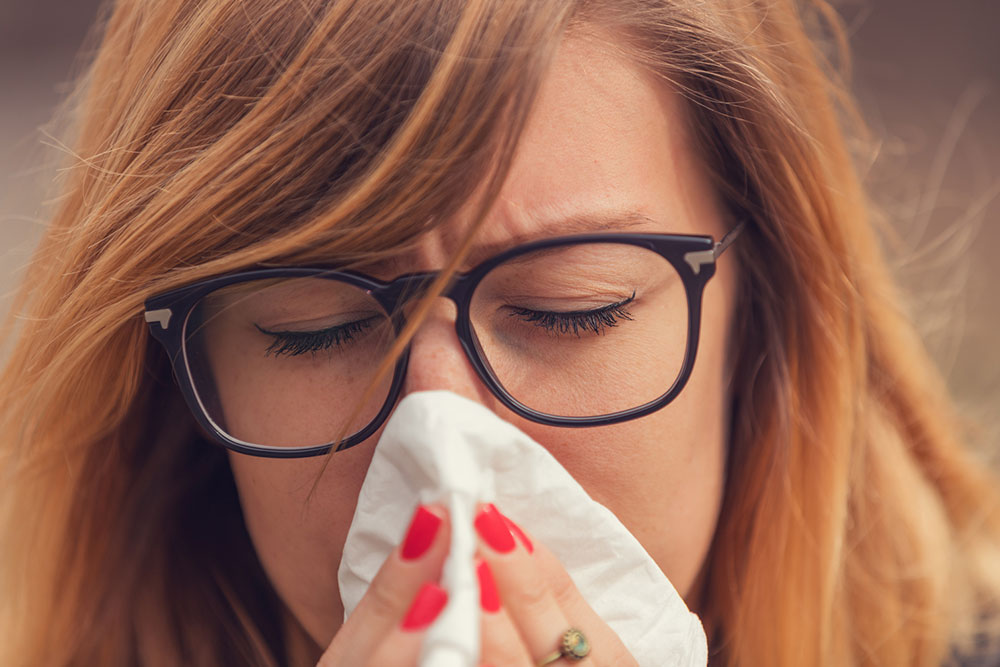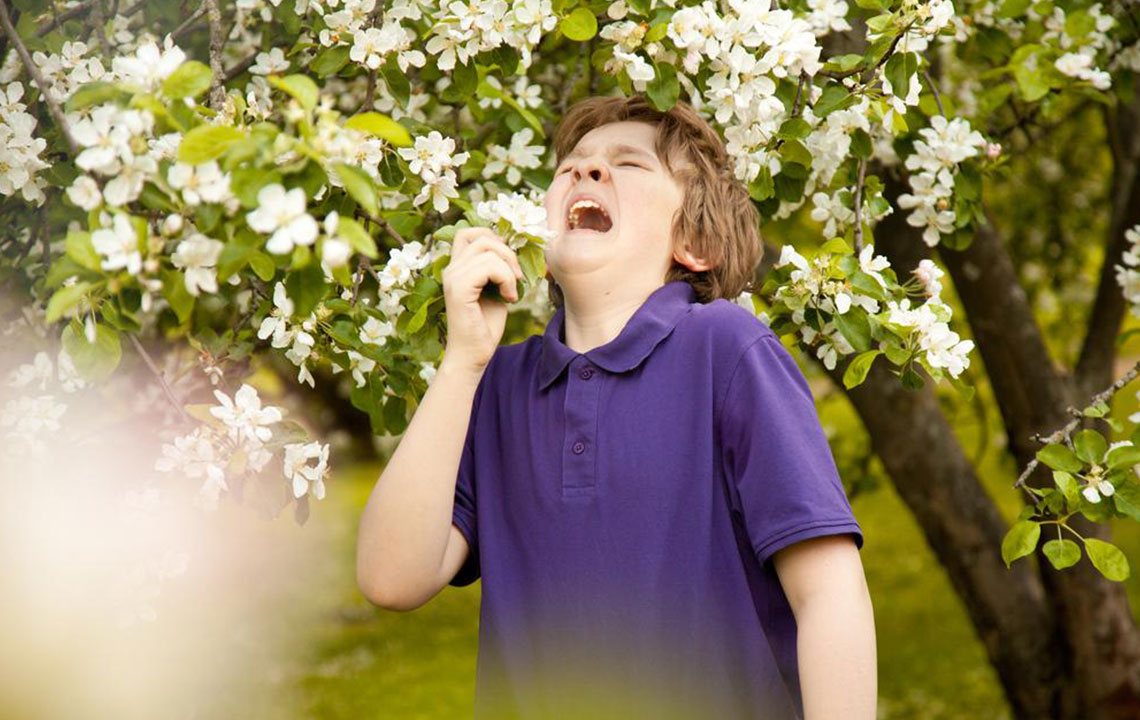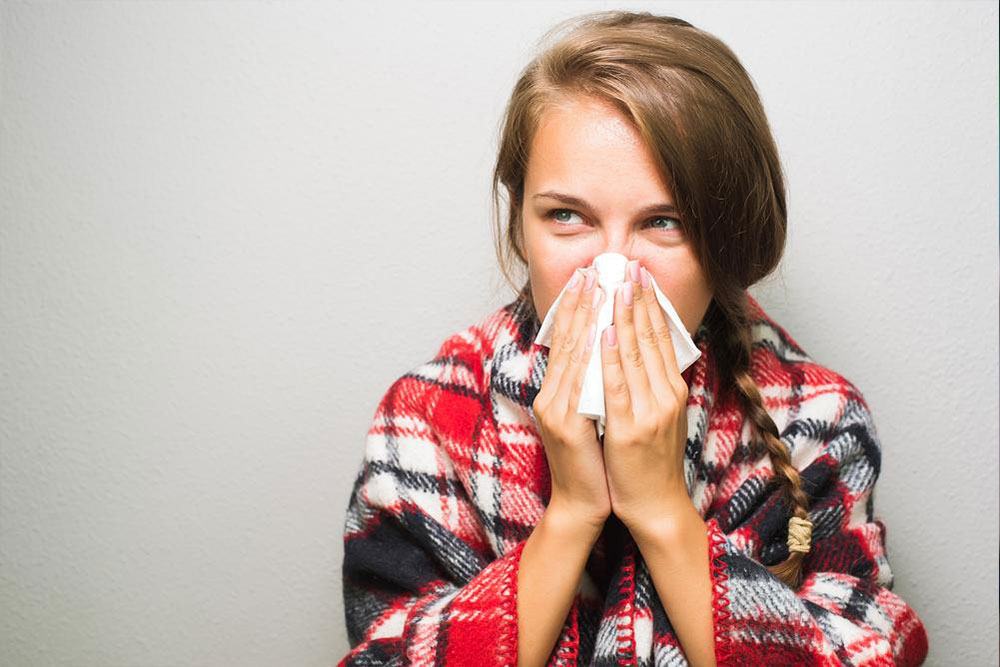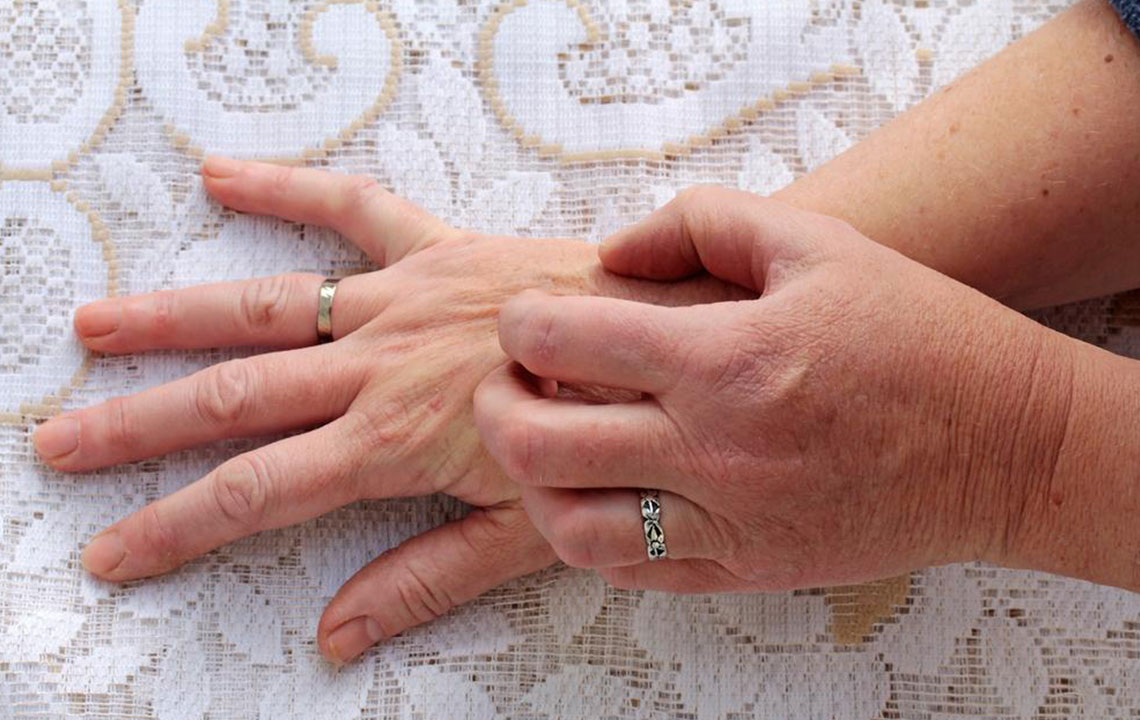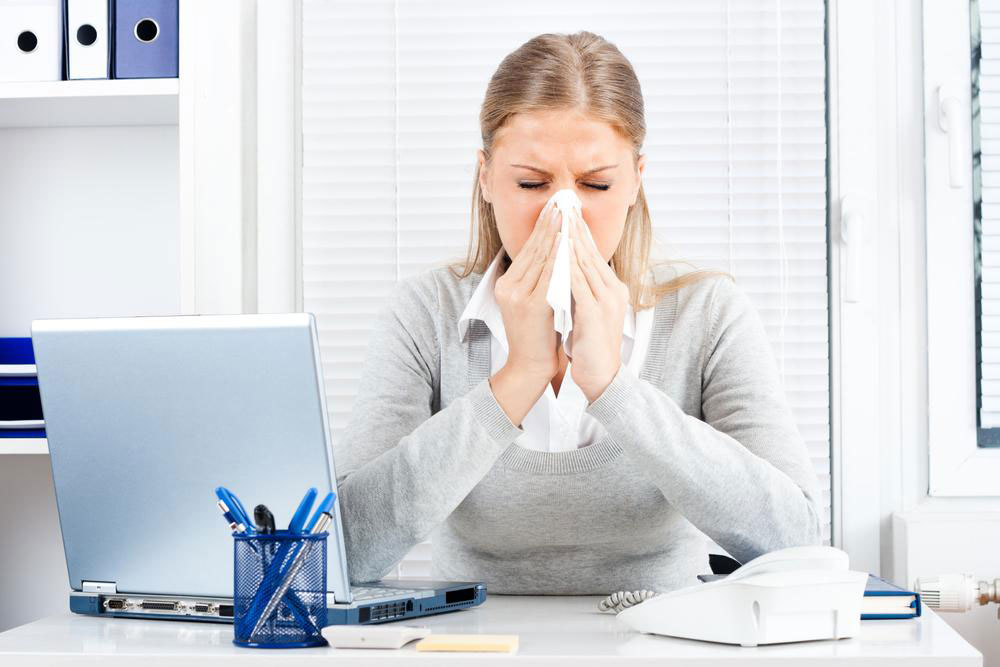Effective Remedies and Medications for Seasonal Allergy Relief
Discover effective remedies and medications to combat seasonal allergies. This guide covers common triggers, symptoms, and treatment options including medications like antihistamines, decongestants, and corticosteroids. Learn lifestyle tips to minimize exposure and naturally relieve allergy symptoms. Manage your allergies effectively and enjoy the changing seasons without discomfort with these practical strategies.
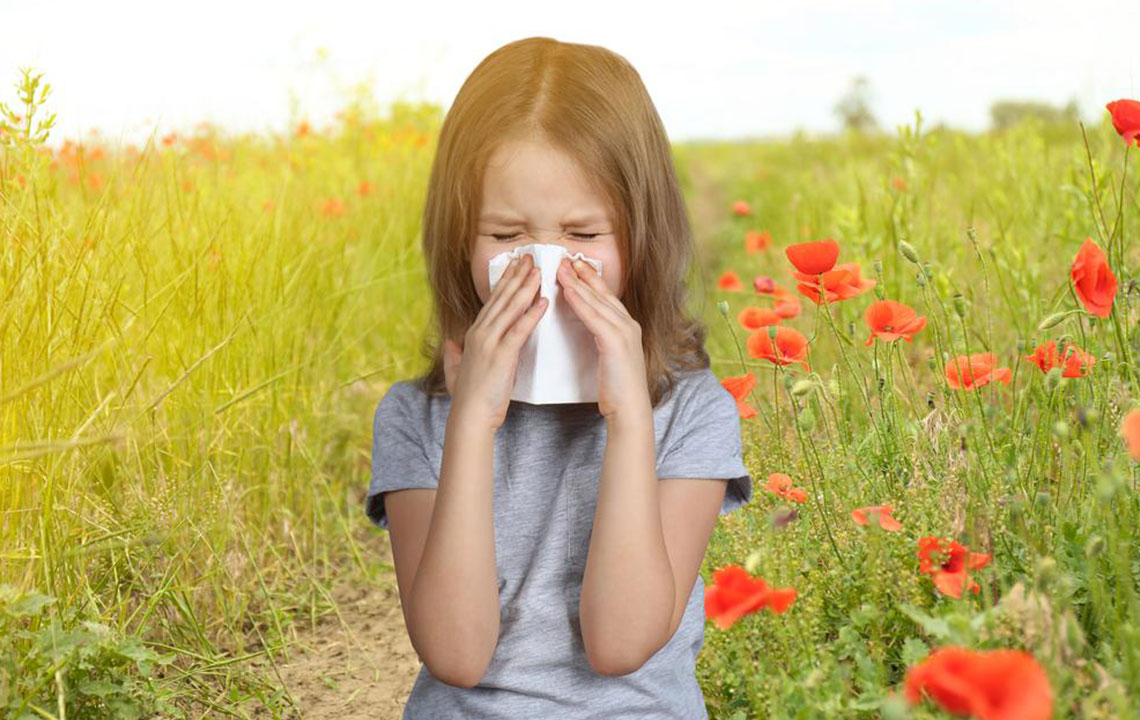
Effective Remedies and Medications for Seasonal Allergy Relief
As the seasons change, many enjoy the beauty of spring and fall. However, for individuals with seasonal allergies, these periods bring symptoms like sneezing, itchy eyes, and nasal congestion. Also known as hay fever or allergic rhinitis, this condition occurs when the immune system reacts aggressively to certain airborne particles.
Common signs include a persistent runny nose, sneezing episodes, red and watery eyes, and nasal swelling. Sometimes, coughing and headaches may also occur, especially in severe cases.
Allergen Triggers
Seasonal allergies are caused by inflammation triggered by airborne particles called allergens. Their prevalence varies based on location, local flora, and the season. Typical allergens include pollen from flowers, grasses, and trees; heavier pollen from insects is less airborne and less problematic during high seasons.
Allergens such as tree pollen, grass, and weeds are responsible for allergy flare-ups. Spring allergies are often triggered by birch, cedar, and willow pollen. Summer tends to see reactions to grass pollen, especially after mowing. Autumn's culprits include ragweed and weed pollen, which tend to produce the most intense symptoms. In winter, pollen levels are lower, but mold spores and indoor allergens may cause issues.
Identifying and Managing Symptoms
Symptoms of allergic rhinitis include a runny or blocked nose, itchy eyes, sneezing fits, and conjunctivitis. Additional signs like ear congestion, coughing, headaches, and breathing difficulties may be observed. Effective management involves medications and lifestyle adjustments.
Causes of Seasonal Allergies
When the immune system misidentifies harmless airborne particles as threats, it releases chemicals such as histamine. This response results in typical allergy symptoms. Treatment aims to suppress histamine effects while avoiding exposure to known triggers.
Spring allergens mainly include tree pollen from birch, cedar, and alder.
Summer symptoms are often due to grass pollen from mowing activities.
Autumn allergies are primarily caused by weed pollen, notably ragweed.
Winter levels are affected by environmental factors like wind and rainfall which influence pollen dispersal.
Treatment Options and Natural Relief
While allergies can't be cured permanently, symptoms can be controlled with medication and lifestyle changes.
Over-the-counter and prescription medications like antihistamines (cetirizine, loratadine) reduce histamine production and alleviate symptoms.
Decongestants such as pseudoephedrine help ease nasal congestion but should be used short-term.
Severe cases may require nasal corticosteroids to rapidly decrease inflammation. These should be used cautiously and under medical supervision.
A combination of antihistamines and decongestants is often most effective for comprehensive relief.
Home and Lifestyle Strategies
Alongside medications, minimizing allergen exposure is key. Avoid outdoor activities during windy days, shower after being outside, and wear masks if necessary. Saline nasal rinses can clear allergens from nasal passages. Consuming foods rich in vitamin C and flavonoids can also help reduce allergic responses naturally. Combining medications with lifestyle modifications offers the best chance to enjoy outdoor activities without discomfort.

